Condiments can be the perfect complement to a meal, and sometimes save the day when you’ve overcooked your meat, or make it so much easier to eat all your veggies. But not all condiments are created equal, and many store-bought brands are loaded with the lowest quality ingredients you might not expect, like secret sugars and high-calorie ingredients.
So that you’re fully armed with the knowledge you need the next time you head to the store, we round up the condiments that might have ingredients you want to avoid. Read on for the worst offenders, and for our tips to find better options for your dinner table.
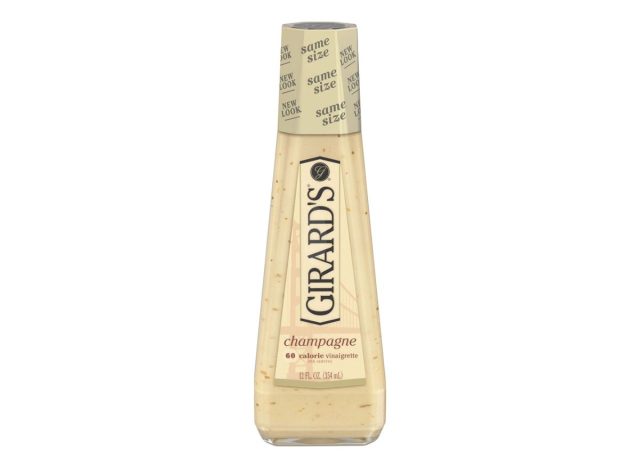

While fat-free salad dressing can seem like a healthier option, fat-free dressings often contain more added sugar and salt than their full-fat counterparts. One serving of this dressing has nearly one-fourth of your daily sodium intake—and that’s if you stick to two tablespoons. Instead, look for a salad dressing made from wholesome, low-sugar ingredients, or make your own with oil and vinegar.
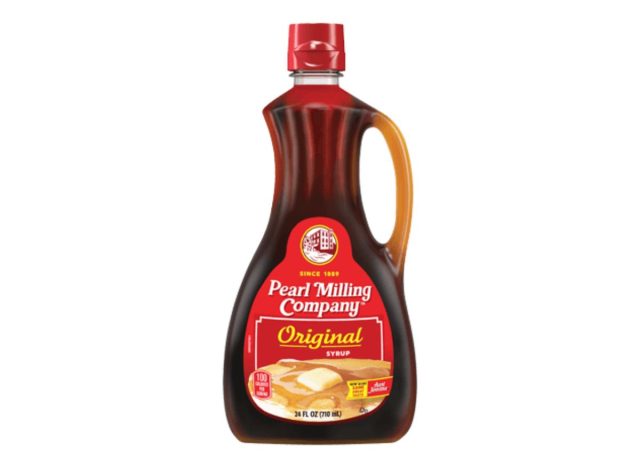

There’s a difference between real maple syrup and pancake syrup, and it’s not just the price. Most pancake syrups contain high-fructose corn syrup (HFCS). Excessive intake of HFCS has been linked to heart disease, obesity, and type 2 diabetes. Use the real stuff, or top with fruit!
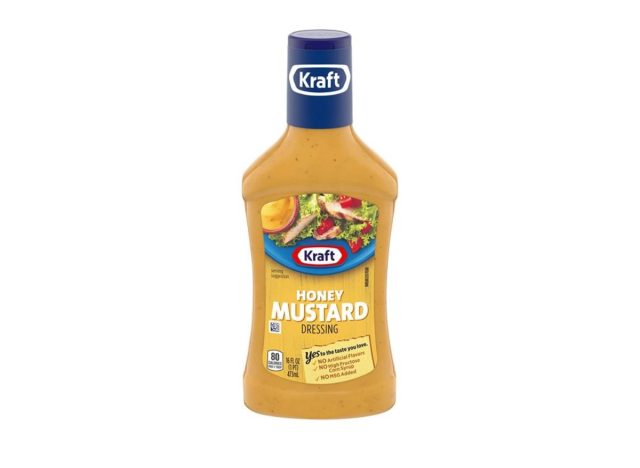

Mustard is usually a great choice for a condiment. Typically ingredients include mustard seed, vinegar, spices, and not much more. Honey mustards, on the other hand, do contain a bit of sugar, but as long as it’s from real honey and not other added sugars, it’s fine in moderation. This dressing from Kraft proudly proclaims that it is free of artificial flavors, HFCS, and MSG…but what it does have is concerning. For starters, this dressing is mostly water and soybean oil. Sugar is more plentiful than honey and mustard is the sixth ingredient. Look for a honey mustard that is mainly honey and mustard. If it’s a dressing, seek out a better quality oil than soybean oil.
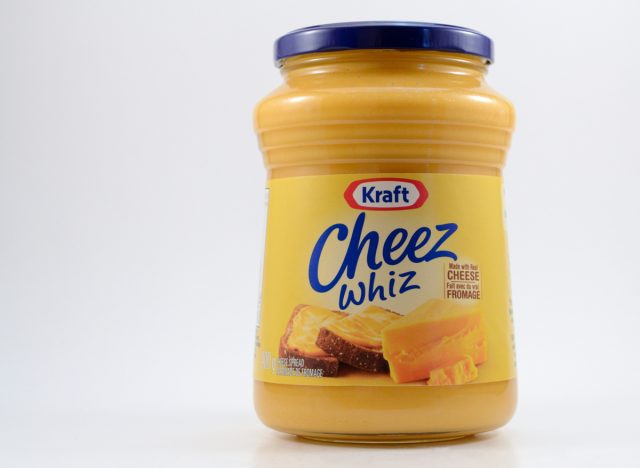

Steer clear of any queso or pub cheese-type dips that don’t list dairy as the first ingredient. It’s a red flag when any company brands its product with the word “cheez” instead of cheese, and most of them are highly processed and packed with sodium.
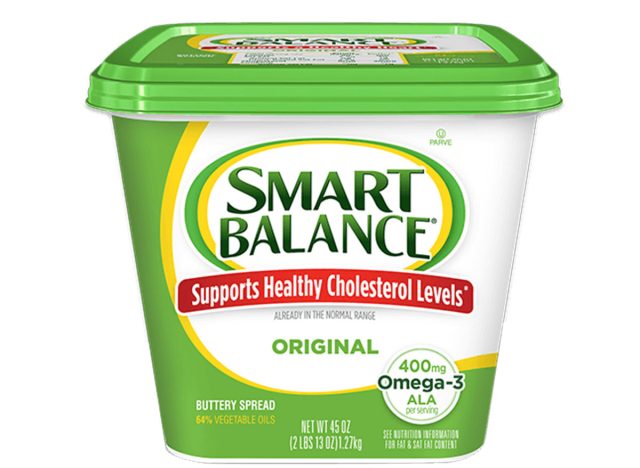

Butter alternatives may contain trans fat, which raises LDL (bad) cholesterol, and lowers HDL (good) cholesterol which can increase heart disease risk. Those containing hydrogenated or partially hydrogenated oils contain trans fats and should be avoided. Smart Balance contains a vegetable oil blend made up of canola, palm, extra virgin olive, and flaxseed oils.
READ RELATED: Fauci's lockdown legacy
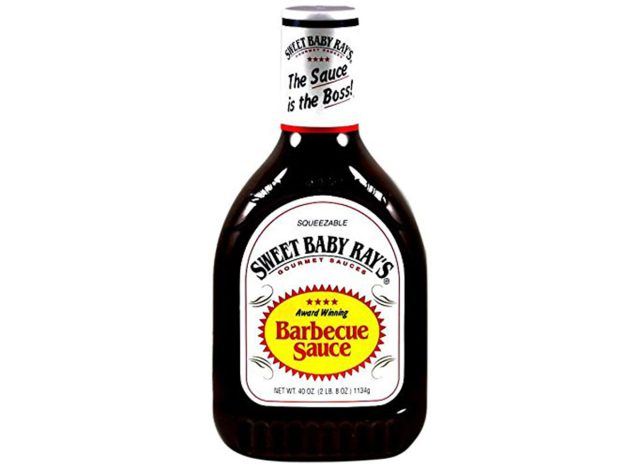

Not all BBQ sauces are terrible for you, but many brands have a lot of added sugar and if you don’t know what you’re looking for, it can trip you up. Sugar can be disguised under many names such as high-fructose corn syrup, molasses, dextrose, fructose, honey, maltose, and glucose. Sweet Baby Rays has both high fructose corn syrup, and modified corn starch—it’s high in sugar and carbs, and lacking in real nutrition.
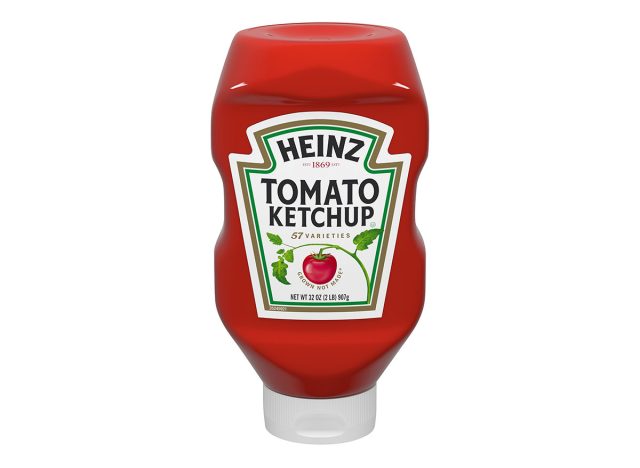

Just like BBQ sauce, ketchup can be packed with secret sugars and other ingredients that you might not expect, and America’s favorite Heinz is no different. Every tablespoon has 4 grams of added sugar, and who uses just a tablespoon of ketchup? If you’re avoiding sugar, look for “sugar-free” or no “sugar-added” on the bottle, and ideally, the tomato should be the first ingredient.
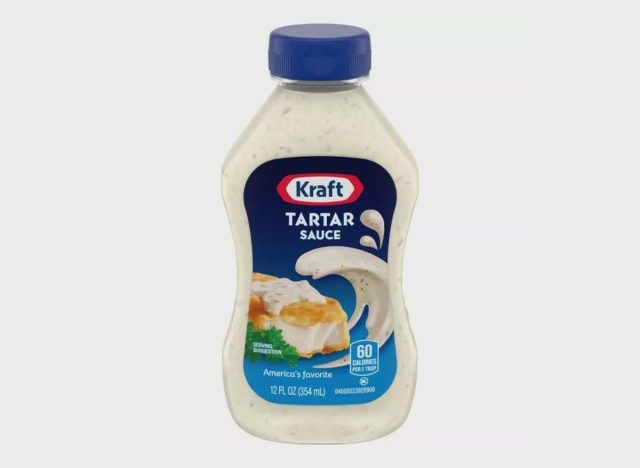
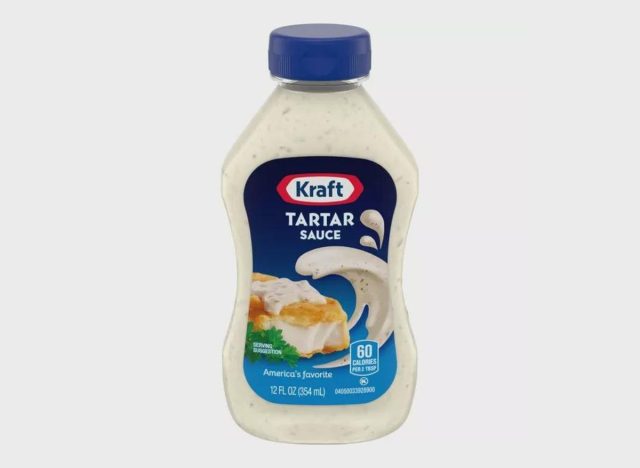
The tangy seafood topper and dip might be making your healthy dinner a lot less so. Two tablespoons can run you around 120 calories, and many jarred sauces, like Kraft, contain high-fructose corn syrup (a secret sugar).
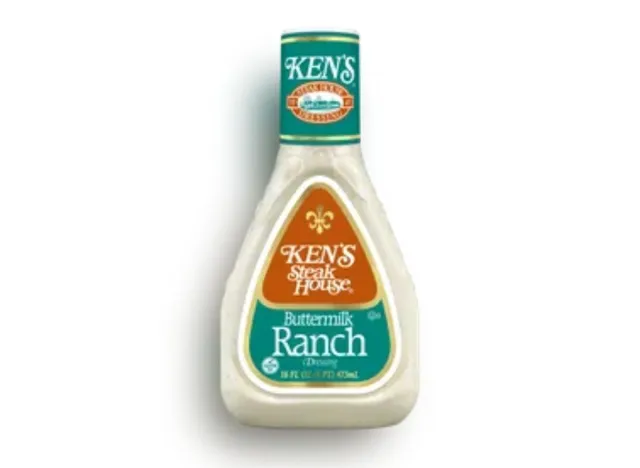

So delicious, and so packed with ingredients that aren’t great for your heart health, or waistline. The Ken’s Steakhouse brand’s version has nearly 200 calories in just two tablespoons and an astounding 19 grams of fat, three of which are saturated.
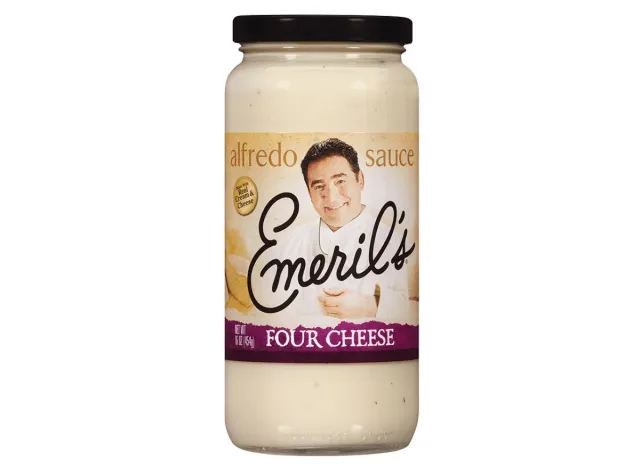

If you’re buying this in a jar, you’re getting a lot more than just dairy and flour. Emeril’s Four Cheese sauce, for example, has additives like soybean oil and whey powder concentrate. And, unlike a fresh version of a dairy-based sauce, this bottle dishes you little to no bone-strengthening calcium at all. You’re better off perfecting a lighter version at home.
Tanya Edwards
Source:











